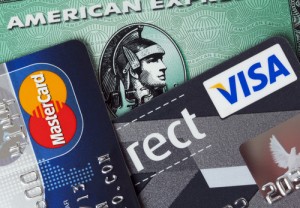Does ban on merchant labeling swipe fee a 'surcharge' violate free speech? SCOTUS to decide
The U.S. Supreme Court on Thursday agreed to decide the constitutionality of laws barring merchants from calling extra fees for credit-card use a “surcharge.”
At issue is whether such laws violate the First Amendment by restricting speech on pricing information, or whether they merely regulate economic conduct, according to the cert petition (PDF). The Wall Street Journal, Bloomberg News and the Volokh Conspiracy have stories.
Laws in 10 states require merchants who charge higher prices to consumers using credit cards to call the price difference a cash “discount” rather than a credit-card “surcharge.”
“A ‘surcharge’ and a ‘discount’ are just two ways of framing the same price information—like calling a glass half full instead of half empty,” the cert petition says. “But consumers react very differently to the two labels, perceiving a surcharge as a penalty for using a credit card. Precisely because the surcharge label is more effective at communicating the true cost of credit cards and discouraging their use, the credit-card industry has long insisted that it be suppressed.”
The case before the Supreme Court involves a challenge to the law by several businesses in New York, including a hair salon and an ice cream parlor.
Write a letter to the editor, share a story tip or update, or report an error.



